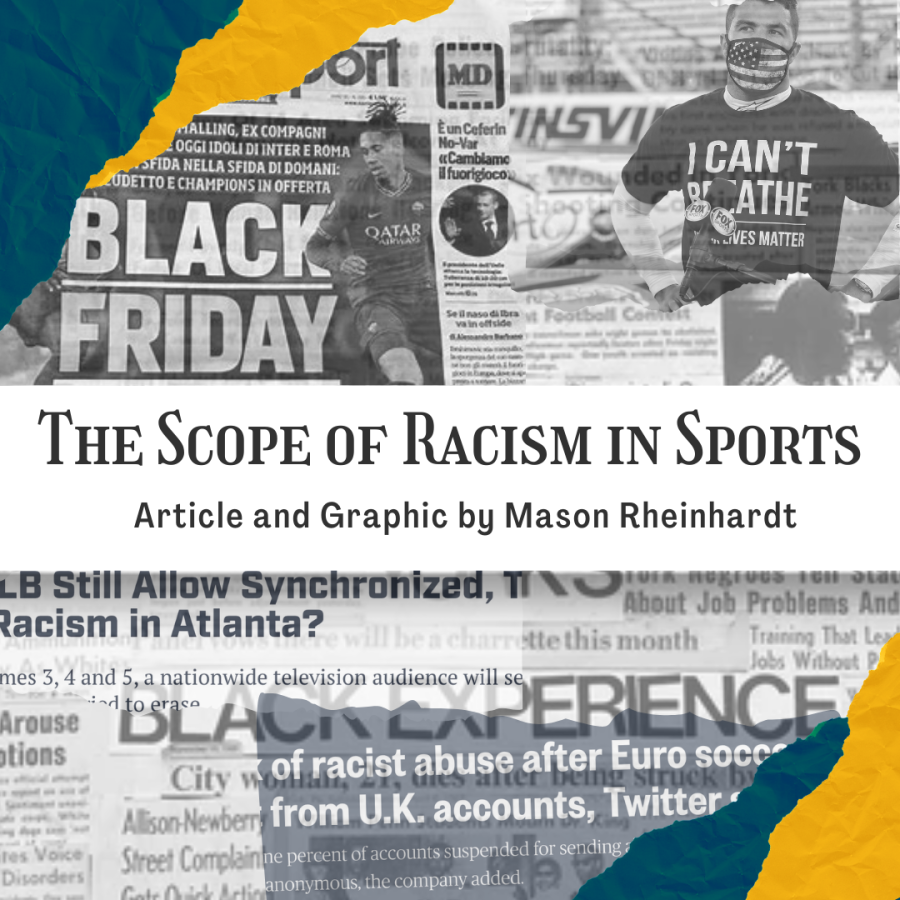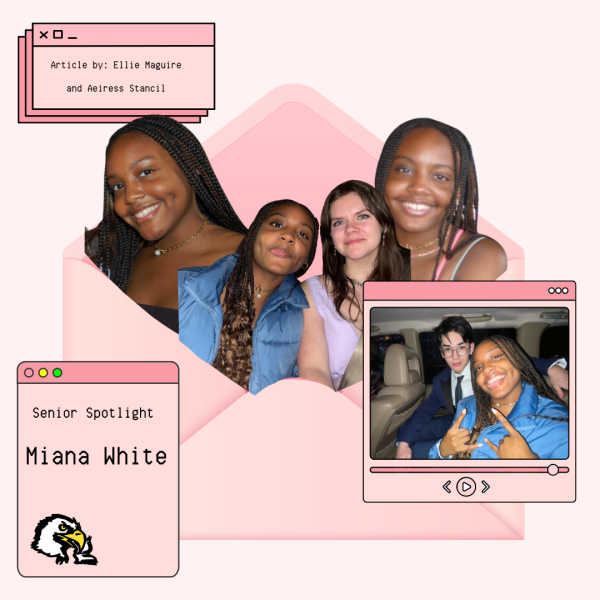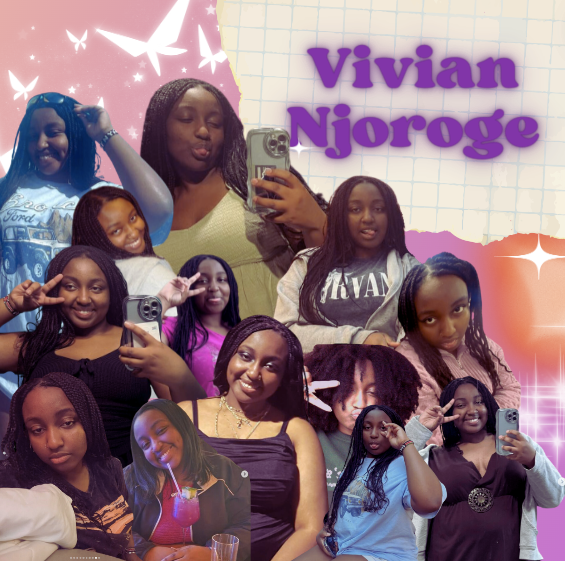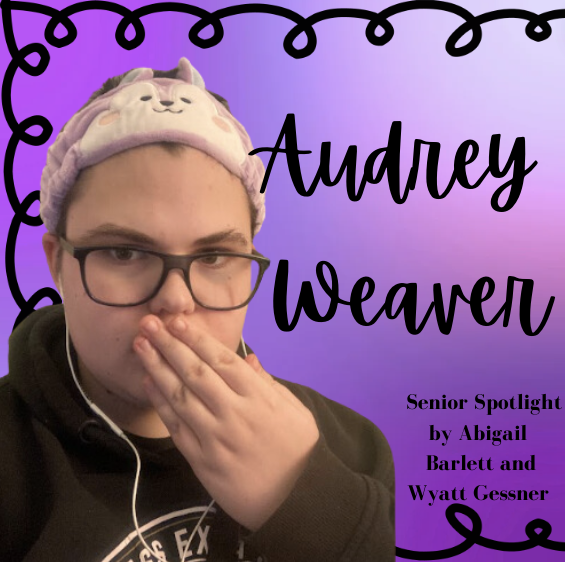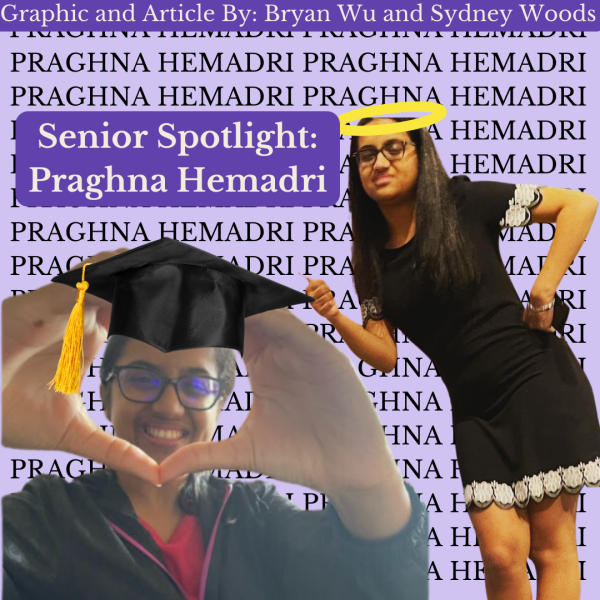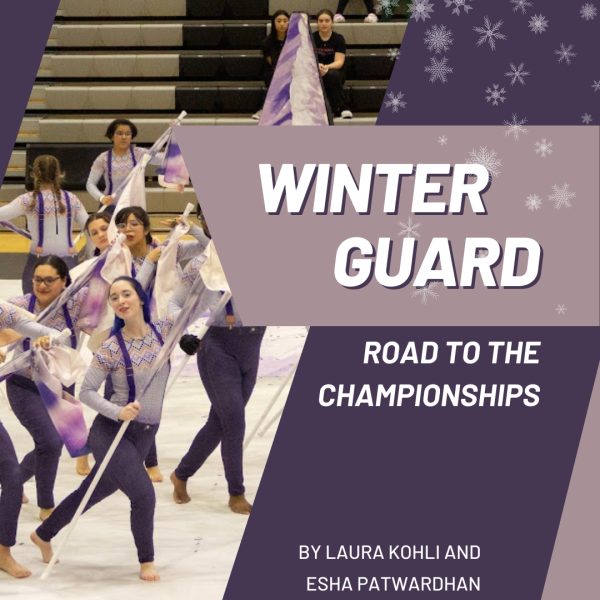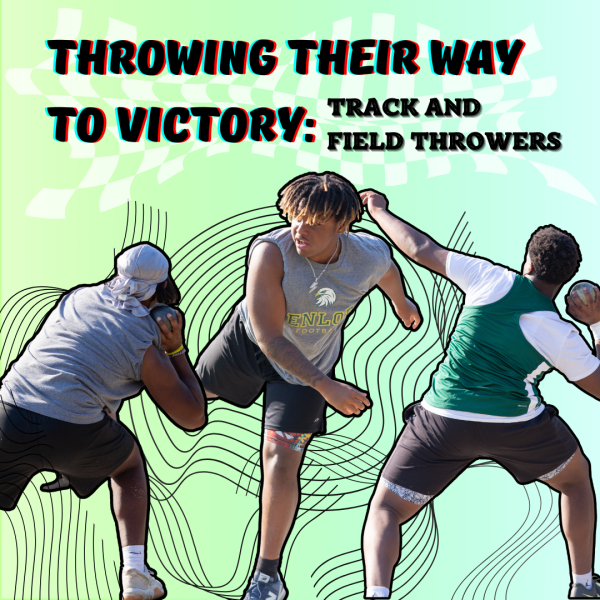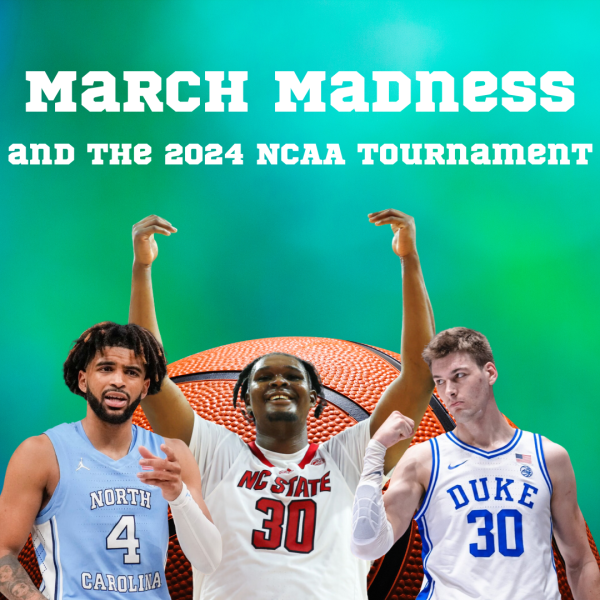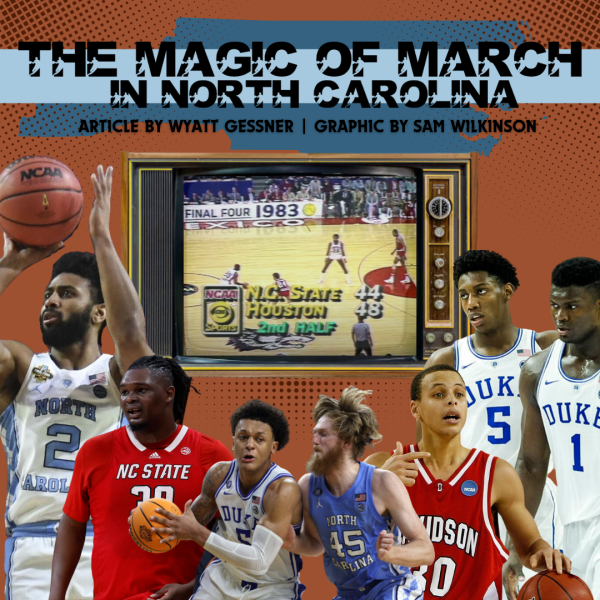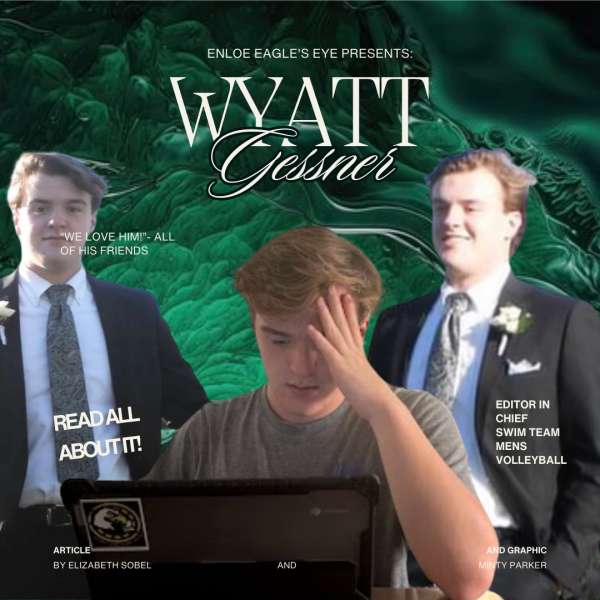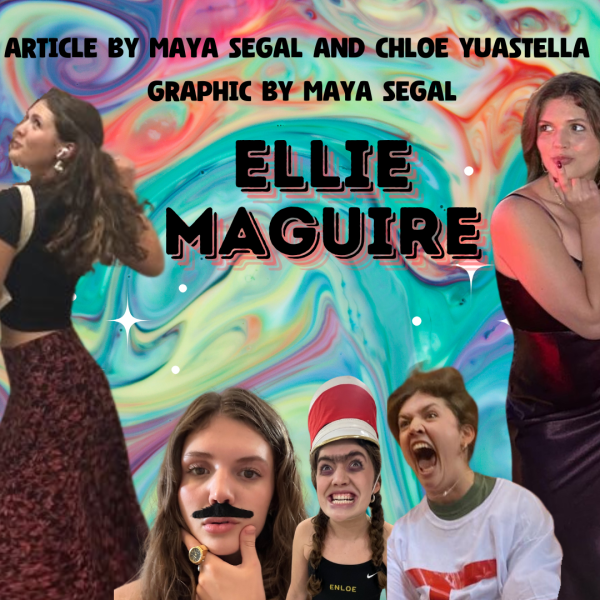The Scope of Racism in Sports
This September, the Ukrainian Hockey League made international sports headlines after Ukranian forward Andrei Deniskin made a racist gesture towards American defenseman Jalen Smereck, who is Black. In the game between HC Kremenchuk and HC Donbass on September 26th, Deniskin mimed peeling a banana and eating it in the direction of Smereck while being pulled apart from a scuffle. Deniskin was suspended for thirteen games, but ten of those can be paid off for a measly sum of $1,870 under UHL rules. Smereck and the sports world alike were disgusted with the punishment decision, as Smereck vowed to never play another game in the UHL until Deniskin was banned from the league. Since then, Deniskin has not been banned and Smereck has signed with a top German league, the DEL.
Across the American sports leagues, the bare minimum actions taken to fight racism are often painfully obvious, particularly in the NFL after the kneeling protests led by Colin Kaepernick in 2016. The Washington Redskins were renamed to the Washington Football Team, players are given 6 options for social justice messages to put on the back of their helmets, and the back of every endzone is stenciled with the messages: “End racism,” and “It takes all of us.” The irony of the league’s actions after the blackballing of Kaepernick is an important topic for all of sports, but nevertheless fairly well known. Because of the widespread awareness of the issues in America’s biggest sports leagues, it is essential to expand our scope of racism in sports to more unheard of incidents like Smereck’s.
This July after the Euro Cup 2020 finals match between England and Italy, English footballers Bukayo Saka, Marcus Rashford and Jadon Sacho all received torrents of racist messages online, ranging from the monkey emoji to death threats. These harsh messages were a result of the players missing their shots in the game-deciding penalty kicks. Rashford, who plays for the Premier League’s Manchester United, had his mural defaced with graffiti just hours after England’s loss. British police are still actively investigating through online comments and tracing them to the senders, with eleven people being arrested as of this August. Instances such as this are not uncommon in European football, as French star Kylian Mbappé faced similar online racist comments after an unsuccessful penalty kick against Switzerland. The consistent phenomenon is that “When you score, you’re English. When you miss, you’re an immigrant.”
June, 2020 saw one of the most infamous cases of racism in sports during the COVID-19 lockdown when NASCAR driver Bubba Wallace found a noose hanging in his garage before the NASCAR Cup Series race at Talladega speedway in Talladega, Alabama. The incident made international headlines, with an initial FBI investigation concluding that no hate crime was committed, and the noose was in place as early as October 2019. However, NASCAR investigated further, sweeping all twenty-nine tracks across the country, which hold a total of 1,684 garage stalls. Of those stalls, only eleven were tied into a knot, and the one tied into a noose was in Wallace’s garage.
The 2021 MLB champions, the Atlanta Braves, feature a crowd cheer known as the tomahawk chop, where fans raise and lower their right arms in unison, howling a mock war chant while doing so. In the American sports world where the former Washington Redskins have been renamed to the Football Team, and the Cleveland Indians will be known as the Guardians in 2022, this tradition stands alone as one of the few remaining Native American “homages.” Because of Atlanta’s participation this year in the nationally televised MLB World Series, the tomahawk chop was put on full display in front of a worldwide audience.
It is no question that sports are an integral part of our lives, especially as Americans. The first few months of the pandemic before the birth of the NBA Bubble in Disney World was one of the most demoralizing points of quarantine. The gradual reinsertion of sports without fans introduced a remarkably different viewing experience, as empty stadiums often featuring cardboard cutouts of fans became the new normal. This massive change in the game environment brought performance changes to every facet of live sports. In a study conducted by The Economist this June, non-white soccer players appeared to perform significantly better in empty stadiums compared to pre-pandemic, full attendance stadiums. When surveying Serie A, a top tier Italian football league featuring Inter Milan and Juventus, Fabrizio Colella, an economics graduate student, determined that non-white football players’ performances improved by 1.2% when playing in empty stadiums. With the nature of the racist heckling observed worldwide in soccer, it is apparent that the words of the fans have an impact on player performance.
The silver lining to all of this is that each one of the organizations mentioned in this article have a program in place to combat these racist acts against their athletes. However, as observed by the inadequate punishment for Deniskin and the persistence of Native American mockery by American major league sports, there is still plenty of work to be done. As fans of sports, we must continue to spread awareness on these issues and lobby for change. The development of racist mindsets in fans starts from within, from youth sports to our living rooms. We cannot continue to disregard athletes as role models, citizens, and human beings. As fans, we owe it to the athletes we support to do better, whether they win or lose.
Your donation will support the student journalists of Enloe Magnet High School, allowing us to cover our annual website costs. We are extremely grateful for any contribution, big or small!
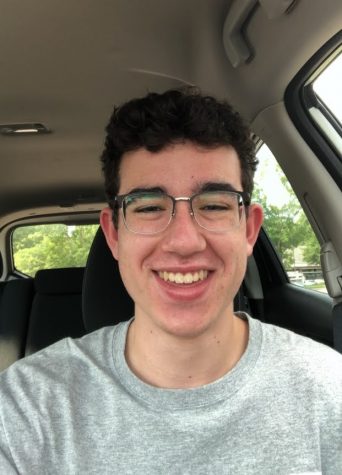
(He/him)
Mason Rheinhardt is a Senior at Enloe High School, and in his first year on the Eagle's Eye. An avid musician, he plays the saxophone in the...


